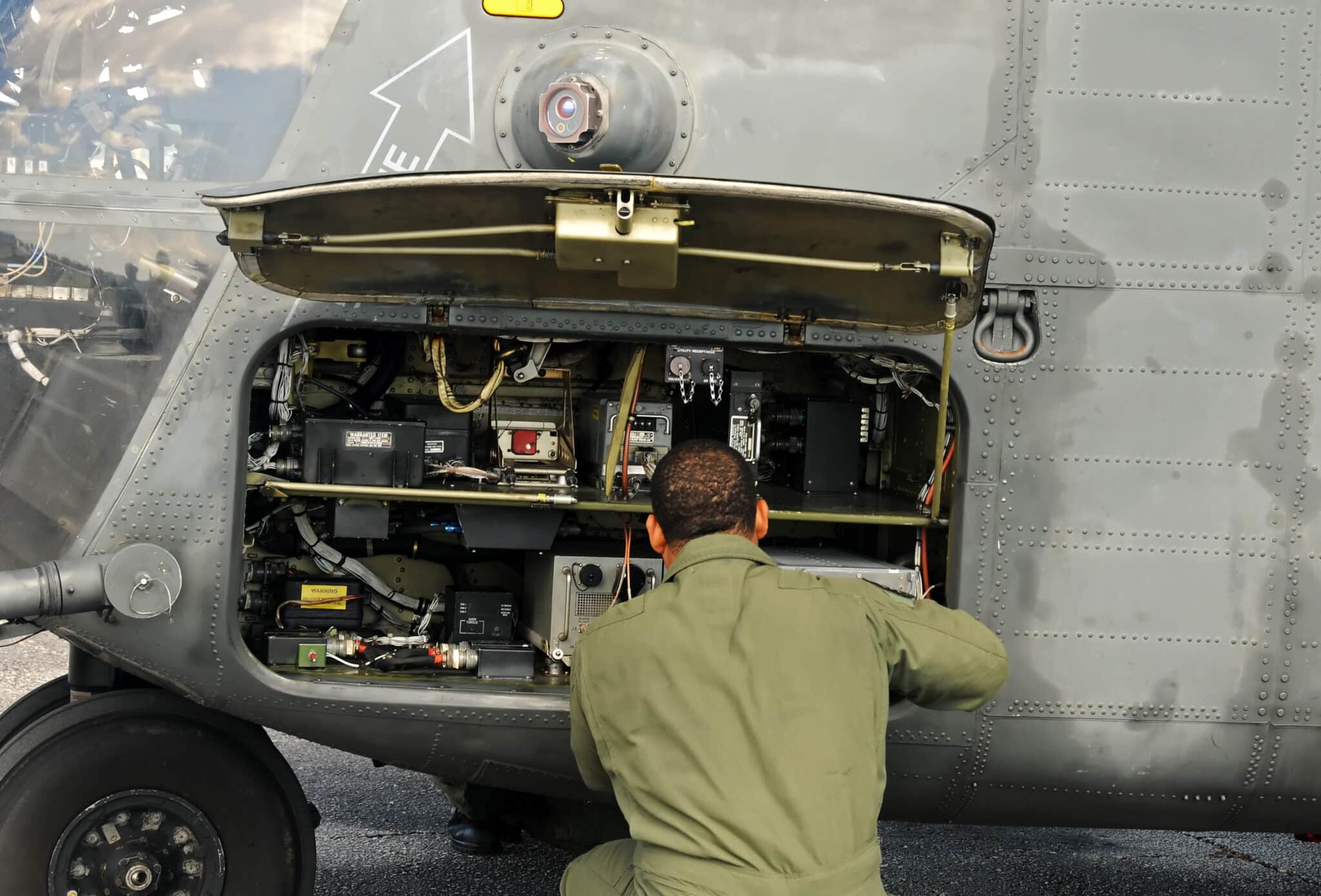The Trump administration’s foundational belief is that raising tariffs will force any other nation to the table and get a better deal for the U.S. But from the tariffs on imported aluminum and steel in March 2018 to the escalating tariffs with China launched in July 2018 and beyond there have been no good deals struck through the trade war. Instead, tax dollars have gone to favored industries in a ham-handed attempt to mitigate its impacts.
Let’s stipulate that internationally, we must tackle distortions and barriers to trade. But that needs to be done multilaterally and through long-established and effective tactics and institutions like the World Trade Organization. We win 86 percent of the time in the international arena when we look to enforce trade rules rather than impose trade barriers.
Washington needs to create an environment that dismantles unnecessary, costly barriers and allows people, industries, and communities to prosper on their own. We don’t win by picking winners and losers, which only results in the federal government depressing economic activity. And certainly not by following bad economic policy with politically motived bailouts for the ag sector, which we can’t afford. Instead, we should provide means-tested, accountable, and market-responsive safety nets for those who need them. Not forever soft-landing places in an ill-conceived trade war that sometimes changes by the tweet, adding the things business hates – delays, instability and unpredictability. Not with a rapidly growing $22 trillion national debt that as a percentage of the economy is the largest since right after WWII.
We’re only starting to see all the subplots unfold in the saga of President Trump’s tariff trade war but playing now is the ag sector bailout which does not need a sequel. We can’t bail out farm businesses as an excuse to implement bad policy, which is what this trade war is starting to look like.
Stockpiles of stored grain, unsold because of the trade war, were damaged by the mid-March 2019 floods. Farmers who chose to not insure stored grain are eligible to receive a payment through the recently passed supplemental disaster bill in addition to trade mitigation payments. The same trade mitigation payments that the Department of Agriculture promised to cap at $125,000. Yet analysis reveals that farm businesses received millions of dollars in payments.
The Trump administration’s self-inflicted trade war promotes cronyism, inefficiency, and increased reliance on the taxpayer-funded agriculture safety net. And the administration’s mitigation efforts –doling out nearly $12 billion to agricultural businesses affected by retaliatory tariffs, with a second round of payments totaling $16 billion for fixing lost markets – don’t help farm businesses in the short or long term. Worse, it sets a precedent that the government will pick winners and losers based on the trade policy du jour. The painful example is soybean farmers, who are holding this summer’s short straw.
In 2017, the U.S. exported $12.2 billion (1.2 billion bushels) worth of soybeans to China, by far the largest importer of U.S. soybeans. After China’s retaliatory tariffs in 2018, soybean exports dropped 75 percent to $3.1 billion (302 million bushels). 2019 is looking worse – $1.8 billion of soybeans sold in the first four months compared to $2.6 billion in the same period last year. The supposed “winners” of the trade war are domestic steel and aluminum manufacturers, but every other company using those materials are paying more and farmers are selling less.
Today, soybean farmers. Tomorrow, who knows?
There is a solution – believe it or not, it’s called Congress, which has the power and is well past due to exercise its authority on trade and stop President Trump’s trade war before more Americans are negatively affected. Lawmakers need to step up by the Nov. 15 deadline for an agreement with the European Union and Japan to address the supposed national security risk Americans face from importing autos and parts from our long-time allies. At stake are increased tariffs on $360 billion worth of autos and parts imported into the U.S. The fallout from that would make the ag bailout look like, well, a hill of beans.
President Trump started this trade war. Congress can end it before it’s too late and before more Americans are harmed.










